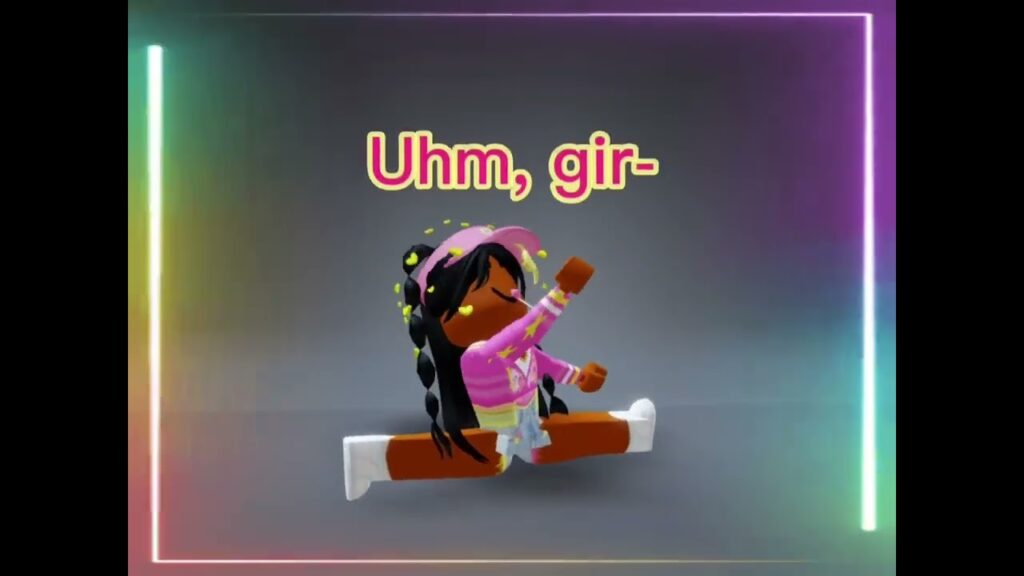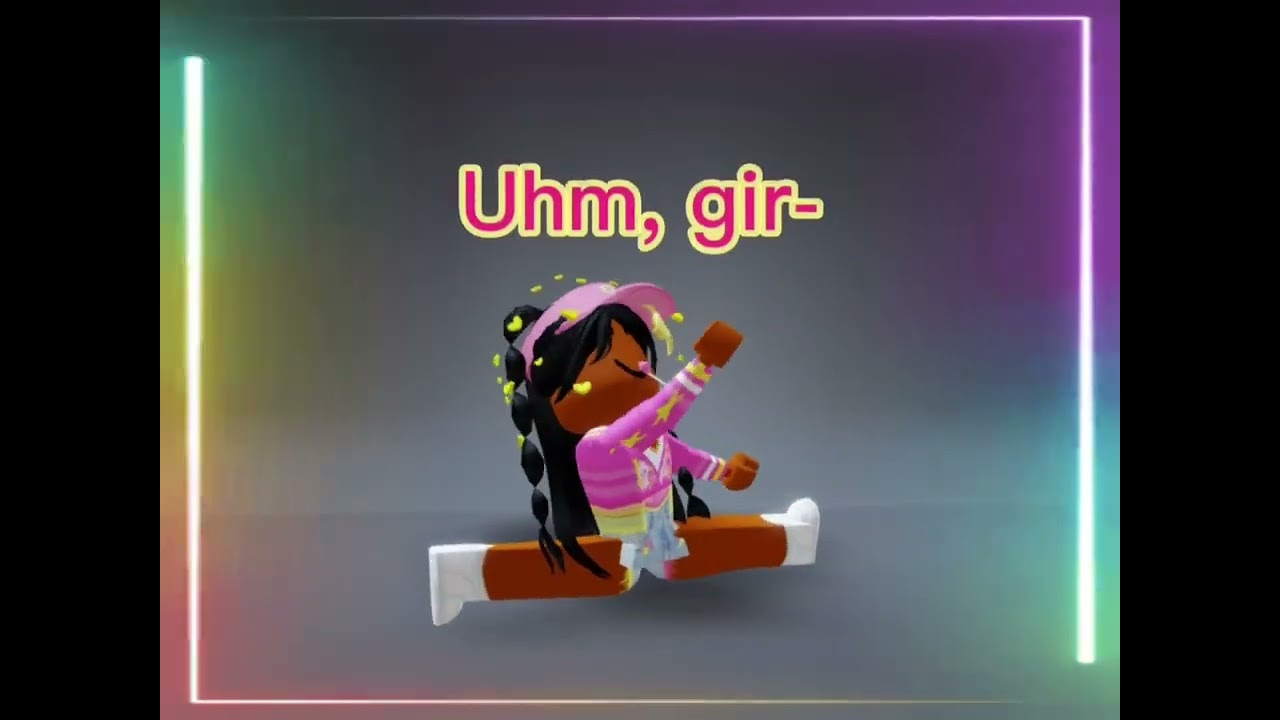
Decoding ‘When Ur’: Understanding Internet Slang and Its Impact
In the ever-evolving landscape of online communication, internet slang has become an integral part of how we interact. One such common abbreviation is “when ur.” This seemingly simple phrase holds a significant place in digital conversations, from social media posts to text messages. Understanding its meaning, usage, and broader implications is crucial for navigating the nuances of modern online discourse. This article aims to dissect “when ur,” exploring its origins, cultural impact, and how it reflects the changing dynamics of language in the digital age.
The Origins of ‘When Ur’
The phrase “when ur” is a shortened, informal version of “when you are.” Like many internet slang terms, it arose from the need for brevity and efficiency in online communication. The roots of this abbreviation can be traced back to early internet forums, chat rooms, and instant messaging platforms where character limits and typing speed were significant considerations. Over time, “when ur” transitioned from a practical shorthand to a stylistic choice, often used to convey a casual or humorous tone.
How ‘When Ur’ is Used in Online Communication
The primary function of “when ur” is to introduce a scenario or situation, typically followed by a relatable or humorous observation. It’s frequently used in memes, social media posts, and informal text conversations. For example:
- “When ur alarm goes off on a Monday morning… 😴”
- “When ur trying to be healthy but someone brings donuts to the office. 😩”
- “When ur watching a scary movie alone at night. 😱”
These examples illustrate how “when ur” sets the stage for a relatable experience or reaction. The phrase often precedes an emoji or GIF to further enhance the emotional impact. The versatility of “when ur” allows it to be used in a wide range of contexts, from lighthearted jokes to more serious or introspective reflections.
The Impact of Internet Slang on Language
The rise of internet slang, including terms like “when ur,” has had a profound impact on language. While some view it as a degradation of proper grammar and spelling, others see it as a natural evolution of language in response to changing communication needs. Internet slang allows for quick, efficient, and expressive communication, particularly among younger generations. It fosters a sense of community and shared identity among online users.
However, the use of internet slang also presents challenges. It can create barriers to communication for those unfamiliar with the terms, leading to misunderstandings or exclusion. Additionally, the informal nature of internet slang may not be appropriate in all contexts, such as professional or academic settings. It is important to be mindful of the audience and purpose of the communication when deciding whether to use internet slang.
‘When Ur’ in Memes and Social Media
Memes and social media platforms have played a significant role in popularizing “when ur.” The phrase is frequently used as a caption or title for memes, often paired with images or videos that illustrate the scenario being described. Social media users also use “when ur” to share personal experiences, observations, or jokes with their followers. The hashtag #whenur is commonly used on platforms like Twitter and Instagram to categorize and discover content related to this phrase.
The use of “when ur” in memes and social media posts contributes to its widespread recognition and acceptance. It becomes a shared cultural reference point, allowing users to connect with each other through humor and relatability. The brevity and simplicity of “when ur” make it particularly well-suited for the fast-paced, visually-driven environment of social media.
‘When Ur’ vs. ‘When You’re’: A Grammatical Perspective
From a grammatical perspective, “when ur” is considered an informal abbreviation of “when you are.” While it is acceptable in casual online communication, it is generally not appropriate in formal writing or speech. The use of “when you’re” is grammatically correct and more suitable for professional or academic contexts. Understanding the difference between these two phrases is essential for effective communication in different settings.
The choice between “when ur” and “when you’re” depends on the audience, purpose, and context of the communication. In informal settings, “when ur” may be preferred for its brevity and casual tone. However, in formal settings, “when you’re” is the more appropriate choice. Being aware of these distinctions can help avoid misunderstandings and ensure that the message is received as intended.
Examples of ‘When Ur’ in Pop Culture
The phrase “when ur” has made its way into various aspects of pop culture, from online videos to merchandise. It is often used in humorous or satirical contexts to comment on contemporary issues or trends. The widespread use of “when ur” in pop culture reflects its growing acceptance and integration into mainstream communication.
For example, many YouTubers use “when ur” in video titles or descriptions to attract viewers and convey the content’s tone. Online retailers also sell merchandise featuring the phrase, such as t-shirts, mugs, and stickers. These examples demonstrate how “when ur” has become a recognizable and marketable phrase in the digital age.
The Future of Internet Slang: Will ‘When Ur’ Endure?
The longevity of internet slang terms like “when ur” is often difficult to predict. Some terms fade into obscurity as new trends emerge, while others become enduring parts of online communication. The continued relevance of “when ur” will depend on its adaptability and its ability to remain relatable and humorous over time.
While it’s impossible to say for sure whether “when ur” will still be in use in the years to come, its current popularity and widespread recognition suggest that it will likely remain a part of internet slang for the foreseeable future. As long as people continue to seek quick, efficient, and expressive ways to communicate online, internet slang will continue to evolve and adapt to meet those needs. Understanding “when ur” is just one piece of understanding the digital world. [See also: Understanding LOL and its Evolution] Consider the impact of other terms too, like the ubiquitous “OMG”.
Conclusion: Embracing the Evolution of Language
The phrase “when ur” is a prime example of how language evolves in the digital age. It represents a shift towards brevity, informality, and expressiveness in online communication. While some may view it as a degradation of proper grammar, it is important to recognize the cultural significance and communicative value of internet slang.
By understanding the meaning, usage, and impact of terms like “when ur,” we can better navigate the complexities of modern online discourse. Embracing the evolution of language allows us to connect with others, share our experiences, and participate in the ongoing conversation that shapes our digital world. The use of “when ur” is a snapshot of modern internet culture. Understanding the phrase “when ur” helps bridge generational gaps and fosters a more inclusive online environment.
Ultimately, “when ur” is more than just a shortened phrase; it’s a reflection of how we communicate, connect, and express ourselves in the digital age. Learning the different uses of “when ur” can help avoid any misunderstanding. The evolution of language is inevitable, and “when ur” is a testament to that fact. The phrase “when ur” continues to evolve with the internet culture. It’s important to know that “when ur” is generally for informal conversations. Learning about “when ur” provides insight into online communication. The adaptability of “when ur” makes it a staple in internet slang. Using “when ur” correctly enhances online interactions. The phrase “when ur” exemplifies the creativity of online language.

